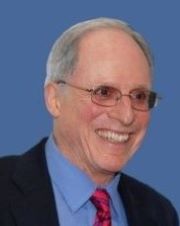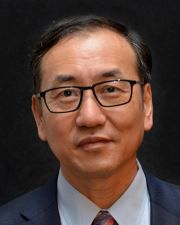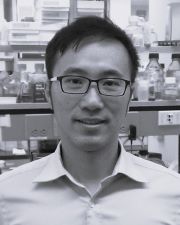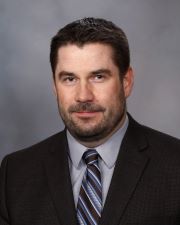External Scientific Advisory Board
 David Eisenberg, PhD
David Eisenberg, PhD
Professor of Chemistry and Biochemistry at UCLA, as well as HHMI Investigator and Director of the UCLA-DOE Institute for Genomics and Proteomics. His research group focus on protein interactions and to study the structural basis for conversion of normal proteins to the amyloid state and conversion of prions to the infectious state. In bioinformatic work, they derive information on protein interactions from genomic and proteomic data, and design inhibitors of amyloid toxicity. He has extensive experience on structure determination by various techniques including X-ray crystallography and cryo-electron microscopy.
 Un Jung Kang, PhD
Un Jung Kang, PhD
Professor of Neurology at New York University School of Medicine and Director of Translational Research at the Marlene and Paolo Fresco Institute of Parkinson’s and Movement Disorders. He was previously chief of Movement Disorders Division at Columbia University. Dr. Kang studies the molecular and cellular mechanisms of brain circuit plasticity underlying both beneficial and detrimental effects of dopaminergic therapy. Dr. Kang is also interested in biomarker development in Parkinson’s disease and related disorders. He led the Fox Investigation for New Discovery of Biomarkers (BioFIND) and serves on biospecimen review committees for The Michael J. Fox Foundation’s Parkinson’s Progression Markers Initiative and the National Institutes of Health Parkinson’s Disease Biomarker Program.
 Kelvin C. Luk, PhD
Kelvin C. Luk, PhD
Associate Professor of Pathology and Laboratory Medicine at the University of Pennsylvania School of Medicine. Dr. Luk research interests are to improve our understanding of the synucleinopathies, including Parkinson’s disease (PD), dementia with Lewy bodies (DLB) and multiple system atrophy (MSA). His main work is to study the role of Synuclein misfolding and aggregation in these diseases. His group demonstrated that aggregated forms of α-Syn are transmissible entities that propagate and spread throughout the brain in a manner akin to prion diseases. Through the development of novel biophysical, cell-based and animal models, Dr Luk’s work seeks to identify factors that a) regulate α-Syn expression and misfolding, b) determine its route of transmission and c) modulate the toxicity of α-Syn pathology.
 Wolfgang Singer, PhD
Wolfgang Singer, PhD
Associate Professor of Neurology at Mayo Clinic Rochester and Director of Mayo Clinic’s Autonomic Laboratories. His research interests are in autonomic disorders and diseases caused by abnormal synuclein proteins. His clinical and research interests focus on prodromal disease stages, discovery of novel biomarkers and novel treatment strategies. During the past few years, Dr. Singer has been working with the PMCA technology for detecting alpha-synuclein aggregates in samples from patients affected by PD and MSA.